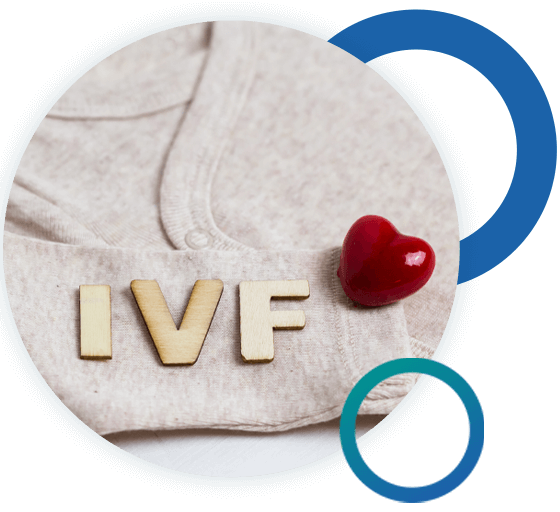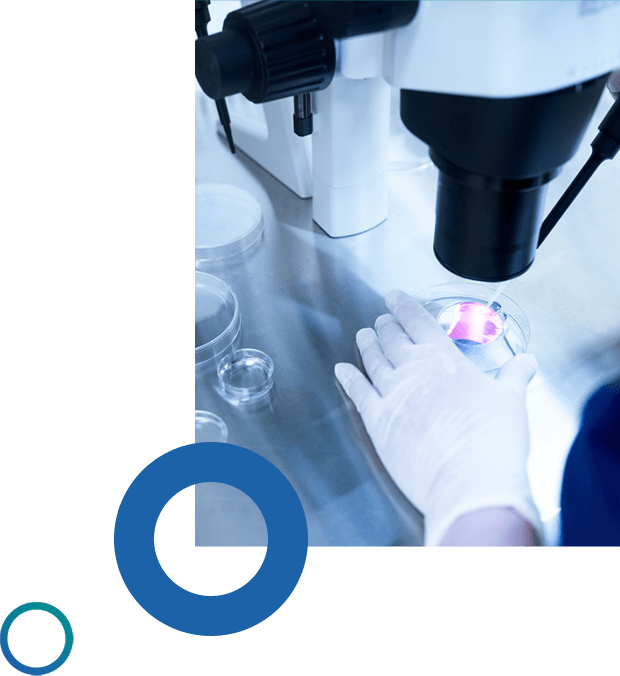Free express quote
FAST FREE & PRIVATE QUOTATION
Get your Plastic surgery at affordable prices in Tunisia. Fast, easy and privately.
Free online quote
In vitro fertilization (IVF) Tunisia
In vitro fertilization (IVF) is a series of high-tech fertility
treatments. The process consists on combining in a laboratory,
sperm and eggs. The best quality resulting embryo is placed in
the patient’s uterus. IVF may
be resorted to as an option to conceive a baby if the patient or
his/her partner is diagnosed with: low sperm counts,
endometriosis, ovulation problems, problems that harm sperm or
eggs, sperm inability to penetrate or survive
in the cervical mucus or unexplained fertility causes.
In spite of being the most effective approach of assisted
reproductive technology, it is not the first alternative to
resort to like Intrauterine
insemination.
There are no limits to the number of IVF cycles you can undergo.
Besides, as long as a woman has not gone through menopause,
there is no age limit to have the IVF procedure.
The costs of (IVF) Tunisia
The price of (IVF) Tunisia depends on the amount of medications the patient is required to take, and on how many IVF cycles the patient has to undergo. It is performed at competitive prices.
In vitro fertilization, the procedure
In vitro fertilization (IVF) involves different steps:
Stimulation
The ovary stimulation occurs during eight to 14 days, just before the menstrual cycle of the patient a fertility drug that stimulates the development of mature eggs in her ovaries. Then, to prevent eggs fast release from the body, she is given synthetic hormone. the patient’s blood hormone levels are to be checked every two or three days. These punctual tests enable the doctor to monitor development of the follicles.
Egg retrieval
Before gathering the eggs, the doctor gives an anesthetic to the patient. He inserts a needle through the patient’s vagina. He uses ultrasound wand to look at the ovaries and identify the follicles. He removes the eggs from the follicles (usually 8 to 15 eggs are to be retrieved). The patient feels discomfort and cramping.
Insemination
Before combining the eggs with the partner’s sperm, and incubating them, an embryologist will examine the eggs first. Abnormal eggs are not to be fertilized. In case fertilization is not successful, or if the sperm is poor, intracytoplasmic sperm injection (ICSI) will be recommended by the doctor. This technique consists on directly injecting a single sperm into every mature egg.
Embryo culture
Embryos development happens three days after the egg retrieval. The successfully fertilized eggs become six- to 10-celled embryos.
Transfer
The most viable embryo can be implanted three to five days after fertilization. Implantation involves the insertion of a catheter into the patient’s uterus. When the embryo implants itself in the uterine wall within 6 to 10 days, pregnancy occurs. The whole IVF cycle takes nearly four to six weeks.
After (IVF) procedure in Tunisia
After undergoing (IVH) treatment i.e. after the embryo transfer, the patient would stay in bed for six hours. Then she can resume to her daily activities. However, it is recommended to avoid vigorous physical activities that could cause serious bleeding. Like any medical intervention, undergoing an (IVF) treatment may induce certain side effects. In fact, despite its effectiveness, up to 20 percent of IVF cycles may be cancelled for several reasons such as lack of developed follicles or simply to reduce the (OHSS) Ovarian hyperstimulation syndrome. Other side effects may include: bloating, cramping, mood swings, headaches, bleeding, and infection.
In vitro fertilization (IVF) Tunisia : results
IVF is the oldest assisted reproductive technology procedure. The success rates depend on several factors that include the reason for infertility, the age of the patient, and where the patient undergoes the treatment. For these reasons, (IVF) outcomes vary in compliance with on each couple. But, in general, younger women usually have because they have healthier eggs.

